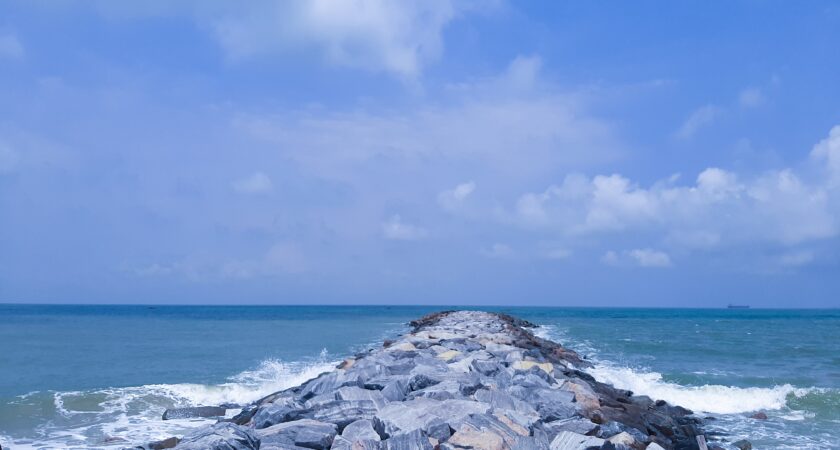The National Diploma (ND) in Hydrology and Water Resources Management is aimed at producing diplomates with sound knowledge and skills to effectively manage the water resources potentials of the Nigerian economy. It would enable them acquire technological and professional skills necessary for employment and job creation in various areas of hydrology and water resources management, such as river basin development, watershed management, erosion and sedimentation control, urban drainage system management, aquatic plant and animal resources management, environmental resources and sanitation management, managing of hydro-power stations, environmental disaster and risks analysis amongst others.
PROGRAMME OBJECTIVES:
On completion of this course, the ND diplomates should be able to:
- Employ the operational knowledge involved in hydrological and water resources management in analysing sediment and water quality samples and computing sediment discharge and sediment yield from catchment reservoir sedimentation and water quality characteristics and studying effects of main pollutants
- Maintain data necessary in managing water projects such as dams, reservoir, underground and surface water resources;
- Apply basic principles of conventional/ electronic instrumentation and computers and the basic principles of computer programming and data processing in the monitoring of public water supply and associated health risk mitigations;
- Predict geomorphological changes within the drainage basin system for decision making/ planning purposes;
- Maintaining data records, carrying out pre-processing and transmitting data in appropriate formats necessary in predicting and controlling flood risk, drought and disaster management;
- Operating and maintaining various types of equipments used for measuring meteorological and hydrological parameters as well as collecting data necessary for the design, construction and operations of hydrologic structures;
- Understand general aspects of ground water flow, ground water recharge and extraction including hydrological and water quality aspects, and assisting in carrying out pumping tests;
- Preparing water resources account of a river basin and;
- Maintain and manage gauging stations for stream flow measurements, handling equipments and observing stations using different techniques.
MINIMUM ENTRY REQUIREMENTS
The academic requirements for admission into the ND Hydrology and Water Resources Management programme are:
- Five (5) credit GCE (O level), SSCE and NECO at not more than two sittings. The five subjects must include English Language, Mathematics, Physics or Geography and any other two Science subjects plus at least passes in Chemistry and Biology.
Five credit passes in an NBTE recognized preliminary National Diploma course offered in a Polytechnic or similar post-secondary technical institution. The credit passes must include Mathematics, Geography and Physics
CAREER PROSPECTS
Hydrology, Water resources planning and management career opportunities are found with government agencies at the federal, state, and local levels; on the faculties of colleges and universities; in the private sector with environmental or engineering consultants, including civil engineering and environmental management and assessment companies; with environmental groups; and with companies that use significant water resources in their manufacturing or extracting processes.

